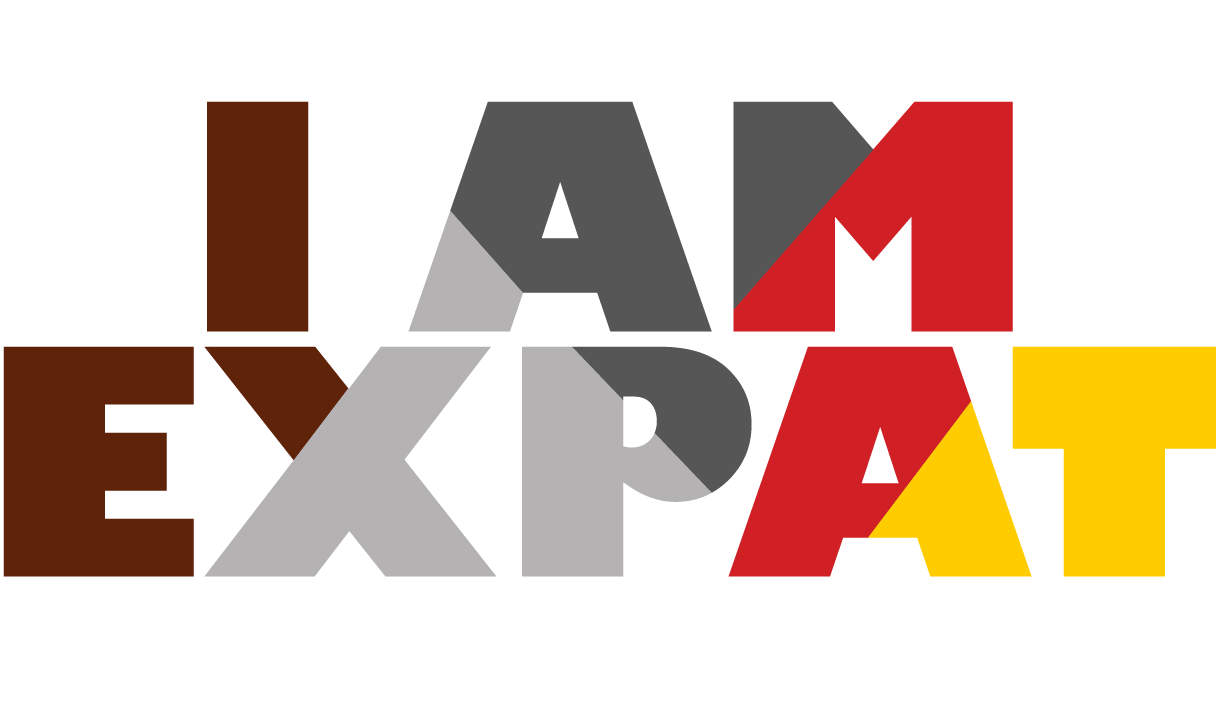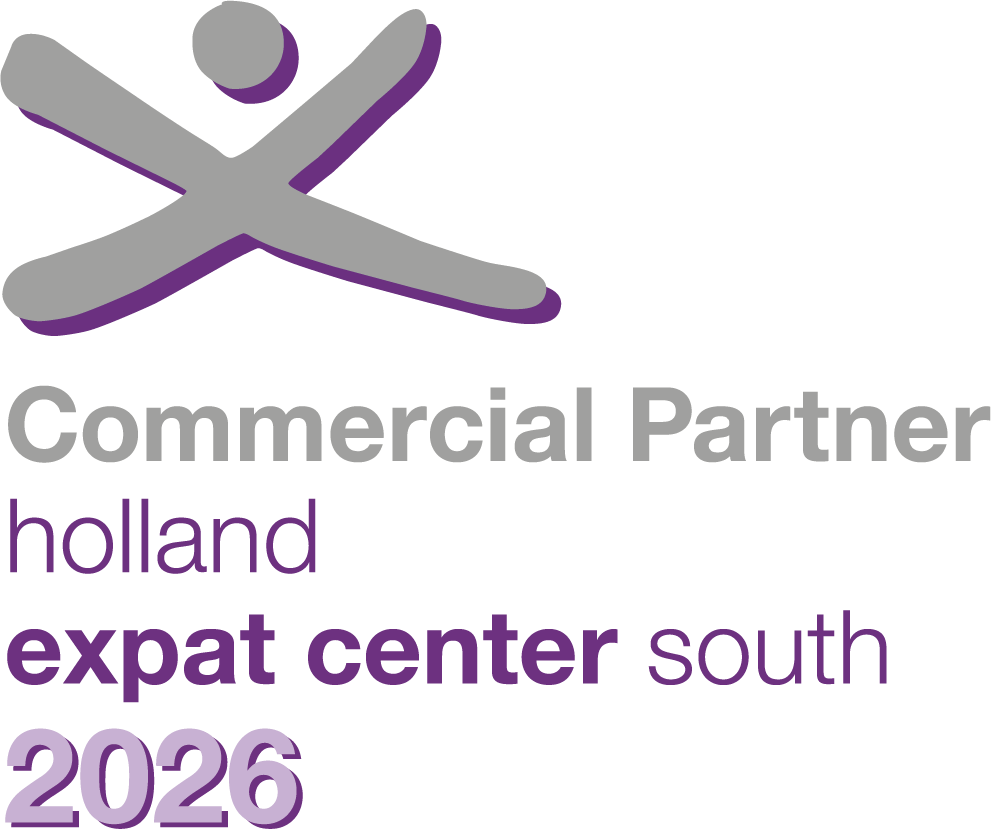Expat Service helps expats with an online tax filing service for their income tax return. Efficient, simple and affordable tax filing whenever and wherever you are in the world. That’s why Expat Service is the intelligent choice for every expat.

The Expat-ruling, formerly known as the 30%-ruling, is a facility within the Dutch tax system, that allows employers to grant up to 30% of the wages of qualifying employees as a nett remuneration. Meaning that taxes do not need to be withheld on this income, as it is not seen as part of the taxable income of that employee.
This facility obviously holds significant advantages, both for employees as well as the employer. The ruling itself is purely meant for so-called extraterritorial employees. Whilst this can also include employees send from the Netherlands to work in another country, the main form of applicant are employees recruited to the Netherlands from their home country.
These employees will face many extraterritorial costs (costs for re-locating away from your home country). The expat-ruling is meant to help alleviate some of the burden of those costs. By exempting up to 30% of their remuneration, it creates a financial space that can be used for costs like: moving to the Netherlands, Costs of living in the Netherlands (often higher than those in their home-country) and costs for applying for all the necessary permits and medical examinations.
The ruling also allows employers to offer competitive wages, without increasing personnel costs as opposed to their Dutch employees.
In order to qualify for the expat-ruling, one must be classified as an extraterritorial employee. Whilst this generally just means being recruited form outside the Netherlands, the actual wage tax legislation is more specific regarding the requirements of this definition. Withing the wage tax legislation, an extraterritorial employee, is classified as: An employee recruited, by a withholding agent, from another country:
Since this may sound complicated, lets break down what the conditions actually are based on this and other legislation. First of recruited form outside the Netherlands, with this distance limitation, basically just means that you (generally) cannot have lived in the Netherlands, prior to working here with the ruling. In addition, where you lived before coming to the Netherlands, needs to be a significant distance away from the Netherlands itself. The reason for this is mainly that if you lived relatively close to the Netherlands, then the extraterritorial costs will be fairly limited, if not completely negated. Say for example you lived in Belgium, then it might even be possible to not re-locate and just commute to your new work, depending on the location of your Dutch employment. These scenarios would even completely eliminate the extraterritorial costs, meaning there will not be a use for the ruling other giving an unfair advantage over other employees.
The specific expertise part of the conditions basically means that there is supposed to be a need for recruiting from outside of the Netherlands, because the required expertise is not present or extremely rare on the Dutch labour market. Luckily, testing whether this requirement has been met is relatively easy. Within Dutch wage tax legislation there is an income threshold that is used to judge specific expertise. Meaning, that if the wage offered to the employee (specifically the wage that remains for tax calculation, after the ruling is applied) still meets this threshold, then the expertise requirement has been met. In 2025, this requirement is € 46.660, but keep in mind this gets indexed every year.
The expat-ruling has a standard runtime of 5 years. Both the start and end date are mentioned on the expat-ruling statement, that is granted when the ruling is accepted. This statement, however, grants the application of the ruling, with the specific withholding agent (employer), for which it was requested. It is, however, very common that during the runtime of the ruling, the employee changes employers. Does this mean that the ruling is lost? No, but switching the ruling to a new employer does come with its own rules and regulations. In principle changing employers means that the employee will need to re-apply for the ruling. However, a big part of the application is proving the fact that the employee has been recruited form outside of the Netherlands, which of course also means proving that the 150-kilometre criterium has been met at the start of the employment. This is obviously no longer the case when you are re-applying for the ruling, since the employee has already been working in the Netherlands. Therefore, when re-applying to the ruling with a new employer, the main aspect of the application will consist of proving that the specific expertise has been maintain for the used-up part of the runtime.
We already mentioned that the specific expertise is judged based on a salary criterium, so most of the re-application will be regarding proving that this salary has been earned whilst applying the ruling with the former employer.
It is important to note, that for a successful re-application, there cannot have been a significant amount of time passed since the end of the old employment and the start of the new employment. The set amount of time is three months of being in between jobs. Once the new employment starts, you have 4 months in order to file the re-application, similar to the first employment.
Over the years there have ben significant changes to the expat-ruling. We already mentioned it used to be called the 30%-ruling and it has now been changed to the expat-ruling, due to the fact that the 30% tax free remuneration, will be decreased to 27%.
This change will take effect as of 2027, however due to the ongoing nature of the ruling, any changes require significant consideration regarding so-called transitionary law. Transitionary law basically entails legislation meant to bridge the gap between the old rules and the new ones. Which set of rules an applicant to the expat-ruling falls under, is mostly dependant on when the ruling was originally granted/when it was first applied.
For example, an applicant to the ruling, who applied it first in or before December 2023, will be able to make use of the 30% exemption, until the end of the runtime of their ruling.
Another upcoming change is the increase of the salary criteria. We mentioned before that these get indexed every year, but their base level will be increased soon as well. The new salary criteria will be € 50.436, which is a significant increase from the € 46.660 that currently is applied in 2025. Applicant who applied the ruling before 2024, will keep both the 30% and the old, indexed criteria for the entire runtime. Applicants got the ruling initially in 2024, will go to 27% in 2027, but will keep the old, indexed salary. People who entered the ruling in 2025 or later, will switch to both the new salary criteria and the 27% as of 2027.
In the above we have gone over the expat-ruling in a general way. There are however also some miscellaneous aspects that are good to know about. Most of these are formal requirements or niche aspects of the ruling, that certainly won’t always be the crux of your case. Still, these can be very useful.
One of these aspects is the requirement, for both employee and employer, to jointly agree to apply for the ruling. Might not seem as much, but it important to keep in mind that this agreement is made and solidified in either the employment agreement, or an addendum to this contract, signed at a later date.
We mentioned that one of the core requirements of the ruling is being recruited form outside of the Netherlands. If you are able, there is a relatively easy way to prove this is the application process. You need to prove that you were 150 kilometres from the Dutch border during 2 years prior to coming to the Netherlands. If your resume fully accounts for and proves this period, then providing this during the application should be sufficient. It also helps a lot if your employment agreement still mentions your foreign address.
Navigating the expat ruling can be complex, especially with the upcoming changes. Our expert advisors can help you determine if you qualify, prepare the application, and manage transitions between employers. We ensure your ruling is applied correctly and remains valid.
Let us take the administrative burden off your hands so you can focus on settling into your new role in the Netherlands.
Get 100% tax compliant
With our unique portal, you can easily prepare your own income tax returns.
All this in only 3 easy steps.
Expat Service helps expats with an online tax filing service for their income tax return. Efficient, simple and affordable tax filing whenever and wherever you are in the world. That’s why Expat Service is the intelligent choice for every expat.
HQ Netherlands, Stratumsedijk 6 Eindhoven I KvK/CoC 80399673


Expat Service © 2026 All rights reserved.